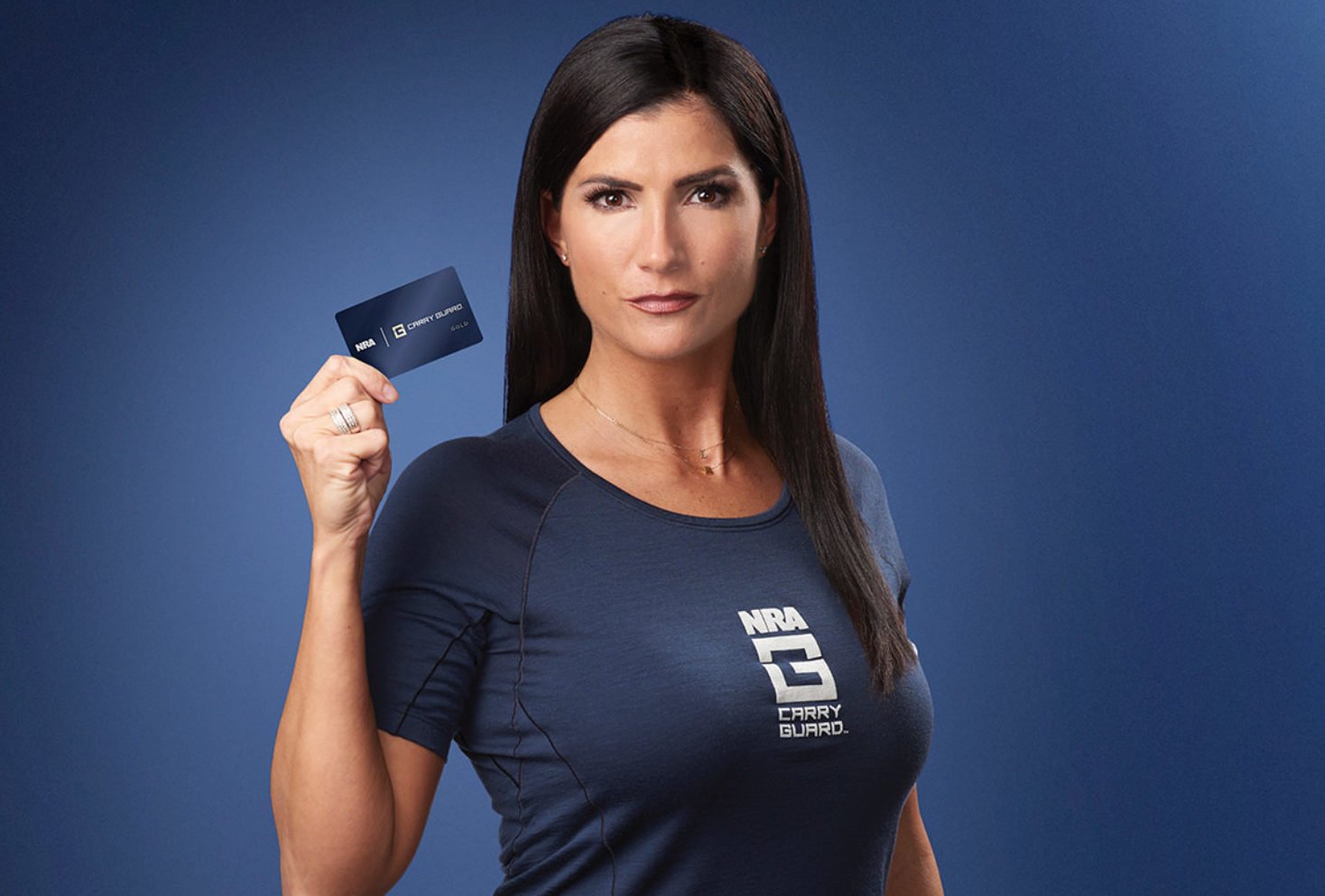New York financial regulators said on Wednesday that a controversial insurance program offered by the National Rifle Association violates state law, and they have levied a multi-million dollar fine on the company that administers it.
In a Wednesday announcement, the New York State Department of Financial Services said the NRA’s Carry Guard program “unlawfully provided liability insurance to gun owners for certain acts of intentional wrongdoing,” and that the group solicited coverage to New York residents without a license from the state. Lockton, the world’s largest privately held insurance brokerage, has agreed to pay the state $7 million for the violations, and will terminate Carry Guard policies held by New Yorkers.
Department of Financial Services Superintendent Maria T. Vullo described the conduct as “an egregious violation of public policy.”
The NRA launched Carry Guard to great fanfare in the weeks leading up to the group’s 2017 annual meeting in Atlanta. Carry Guard offers customers liability insurance in the event of a self-defense shooting, ranging up to $150,000 in criminal-defense reimbursement and $1 million in a civil-liability protection. Members also get a 24-hour advice hotline and immediate access to money for bail and the costs of cleaning up the scene.
Lockton administered Carry Guard’s marketing and distributing policies. The program was formerly underwritten, or designed and priced, by the insurance giant Chubb, which ceased its involvement earlier this year.
The NRA aggressively promoted Carry Guard to its members, giving the program a splashy debut at its annual meeting last April in Atlanta. The NRA gave Carry Guard a standalone website and advertised the product through email, YouTube, and social media. Some of the promotions featured the NRA personality Dana Loesch. Another came with this pitch to prospective clients: “You should never be forced to choose between defending your life…and putting yourself and your family in financial ruin.” The message concludes: “Sign up for NRA Carry Guard today!”
Carry Guard also includes a training program, designed to teach gun owners how to “effectively confront today’s evolving conflict environment.” As The Trace has reported, the program drew backlash from gun instructors, who argued that its emphasis on military tactics could encourage a dangerous mentality among civilians. “Civilians using military tactics will get you in trouble really fast with the law, if not dead,” read a blog post by Robert Boilard, an NRA-certified instructor from New Hampshire.
According to the Department of Financial Services, the NRA issued 680 Carry Guard policies to New York residents between April and November 2017.
New York regulators launched an official investigation into the NRA’s insurance practices in the state in the fall of 2017. No insurer can provide criminal defense coverage in New York for a person charged with a crime involving firearm. And while state law permits groups like the NRA to put their names on insurance products and endorse them, it prohibits direct insurance salesmanship by unlicensed parties.
The Department of Financial Services deemed Carry Guard’s liability insurance for criminal proceedings improper. It also determined that the NRA had actively “marketed and solicited” the program without a license to do so.
As Carry Guard’s administrator in New York, Lockton agreed to pay a $7 million settlement.
“It is our responsibility to ensure we are fully compliant,” said Dean Davison, a Lockton spokesperson. “We believe this settlement is the best way to resolve these issues.”
Following the February mass shooting at a high school in Parkland, Florida, Chubb disclosed that it had decided not to renew its contract to underwrite the program. Lockton also stated its intention to no longer act as broker and administrator for Carry Guard.
“It’s a major step back,” Peter Kochenburger, the executive director of the Insurance Law Center at the University of Connecticut Law School, told The Trace’s Mike Spies in February. “To keep this going, the NRA will have to find another insurance company to underwrite this. It’s hard to imagine another publicly traded company, or a company like State Farm, stepping in.”


